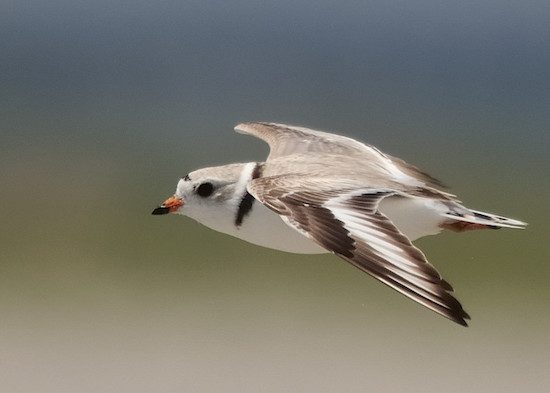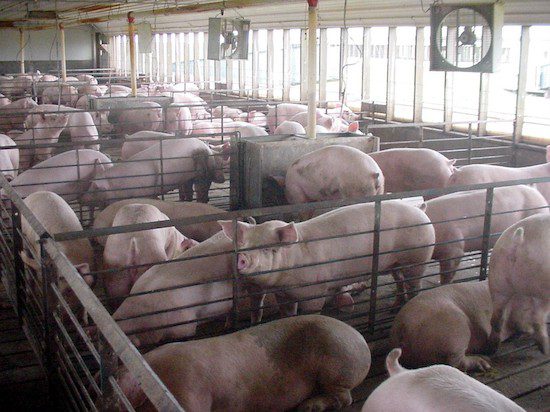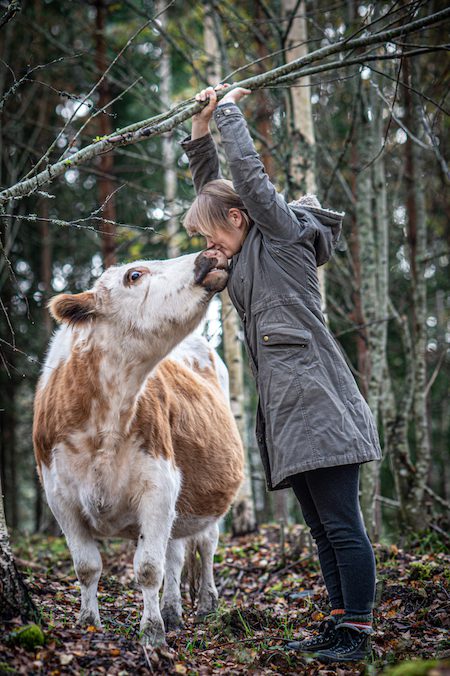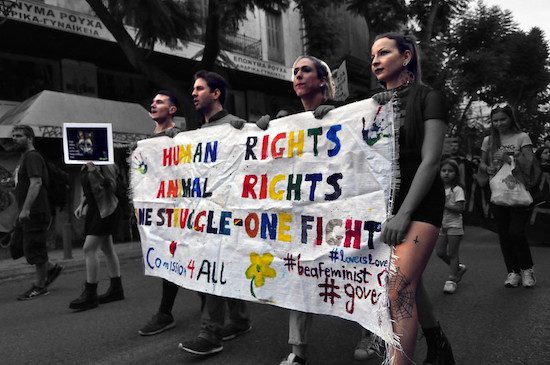


Citizens for Alternatives to Animal Research: The National Institute of Allergy and Infectious Diseases (NIAID) has released a Strategic Plan detailing its research priorities for fighting COVID-19. Unfortunately, the plan recommends ineffective and cruel animal studies while omitting non-animal methods that can provide more efficient, human-relevant data. Additionally, it prioritizes infecting animals with coronavirus even though abundant evidence has shown that animals do not express COVID-19 infections in the same way humans do, if at all. NIAID’s plan ignores cutting-edge non-animal models like organoids and organ-chips that, unlike cruel animal experiments, have been shown to accurately mimic the human response. There are far more effective methods for studying COVID-19 that do not involve harming and killing animals.
>>>Urge NIAID to prioritize superior, human-relevant methods to study COVID-19.
Humane Decisions: Capturing and confining dolphins and orcas in concrete pools is killing them—physically and psychologically. Both captive orcas and dolphins die prematurely from living in restrictive captivity. They experience deep psychological trauma and neurosis from boredom, stress and anxiety. Every day they are denied the company of their families and are prevented from expressing their natural instincts and behaviors. They are also denied the ability to swim up to 100 miles a day as they normally would. In captivity, they live diminished lives where (before the lockdowns due to the COVID-19 pandemic) they must perform tricks, entertain people against their will, or withstand being touched and handled by people nonstop for hours. These dolphins have no choice but to inhabit small and shallow concrete swimming pools, and cannot escape. Because of the constant stress and inability to escape, dolphins have bitten children due to their stress and fear. These businesses endanger both dolphins and the public, and are often in violation of federal laws and animal welfare laws.
>>>Take these steps to help bring an end to marine mammal captivity.
Animal Legal Defense Fund: The life of tigers exploited for profit is no life at all for these majestic creatures. Cubs are taken from their distressed mothers moments after they’re born, and are worked to exhaustion and often physically abused so they can be passed around for tourist photo opportunities. Meanwhile, adult tigers live out their days in cages—most of which are completely inadequate for their needs. Many captive tigers will never see the sky, feel the grass, or enjoy any behaviors that come naturally to them. Because cubs can only be “handled” for a few months, drugging tigers to be compliant and docile is commonplace. When they get too old and their existence is no longer profitable, they are often irresponsibly sold into the pet trade or killed. The Big Cat Public Safety Act (H.R. 1380) seeks to prohibit the private ownership of big cats, direct public contact, and dangerous public interactions with big cats such as cub petting.
>>>Join Joaquin Phoenix, Glenn Close, Anjelica Huston, Christopher Walken, Alan Cumming, Olivia Wilde and dozens of Hollywood stars in urging Congress to pass the Big Cat Public Safety Act.
Letter to editor…

I am bird-friendly. I do not have a cat. —Paul Whittaker (Ontario, Canada)
(Editor: According to the American Bird Conservancy: “Outdoor domestic cats are a recognized threat to global biodiversity. Cats have contributed to the extinction of 63 species of birds, mammals, and reptiles in the wild and continue to adversely impact a wide variety of other species, including those at risk of extinction such as piping plover.” Cat guardians can make their felines safer for birds by keeping cats inside or on a leash.)
Cause for concern…

- Drinking water in Minnesota threatened by 49 million tons of factory farm waste overload (Environmental Working Group)
- Paper mill still polluting Potomac River in Western Maryland, state attorney general alleges in lawsuit (Jean Marbella, The Baltimore Sun)
- UN climate talks likely be delayed a year due to coronavirus (Somini Sengupta, The New York Times)
- EPA employees allege leaders interfered with science in watchdog survey(Rachel Frazin, The Hill)
- COVID-19 reveals inherent cruelty of agribusiness (Jesse Harris, Sentient Media)
- Counties with meatpacking plants report twice the national average rate of COVID-19 infections (Sarah Graddy, Environmental Working Group)
- Another COVID-like disease from elephants can pose threat to public health(Northeast Now)
- Pesticides disrupt honeybee nursing behavior and larval development (Goethe University Frankfurt)
- New research confirms that modern sea-level rise is linked to human activities—not to changes in Earth’s orbit (Rutgers University)
- Global environmental changes are leading to shorter, younger trees (University of Birmingham)
- A few ‘superpolluters’ spew majority of annual industrial pollution, says new study (Shelly Leachman, Futurity)
- Climate change is making hurricanes stronger, researchers find (Henry Fountain, The New York Times)
Round of applause…

“Cows tell the difference between people, remember people who have been kind to them and nurse grudges,” writes Indian MP Maneka Sanjay Gandhi, a staunch animal rights activist and environmentalist. “They are easily offended and will ignore you forever until you try very hard to make friends again. But ultimately, they are forgiving. They make friends for life. They can be obstinate, gentle or aggressive. Above all they are wise. If you choose to see a cow the way you see your dog, she can be very good company. They love each other, have friends and enemies. They communicate with people—if you are willing to listen. They like music. They are problem solvers—which means a high degree of intelligence.”
- Why cows are much like humans (Maneka Sanjay Gandhi, Mathrubhumi)
- Recognition of animal sentience on the rise (Ross Kelly, VIN News Service)
- States sue to block Trump from weakening fuel economy rules (Hiroko Tabuchi, The New York Times)
- Renewables top coal in the U.S. for first time in more than 130 years (Rachel Frazin, The Hill)
- ‘We’ve never seen this’: Wildlife thrives in closed U.S. national parks (Jeremy Miller, The Guardian)
- Coronavirus shows we must get serious about the well-being of animals(Kendra Coulter, The Conversation)
- Woman files lawsuit against Chicago poultry market after hearing animals screaming and crying (Eliza Erkskine, One Green Planet)
- Wuhan bans hunting, eating wild animals in response to coronavirus (Kaelan Deese, The Hill)
- A Chinese ban on animal cruelty can be an easy soft power win for Beijing(Kadira Pethiyagoda, South China Morning Post)
- EU protects bees by committing to 50% drop in pesticides by 2030 (Audrey Enjoli, LIVEKINDLY)
- Wildlife ecologist urges gardeners to form one big ‘national park’ (Katherine Roth, Associated Press via ABC News)
- Kate Nash: “I Went vegan after watching ‘Okja’—I never thought I would” (Robbie Lockie, Plant Based News)
Parting thought…

“If you care about the working poor, about racial justice, and about climate change, you have to stop eating animals.” —Jonathan Safran Foer
Earth | Food | Life (EFL) explores the critical and often interconnected issues facing the climate/environment, food/agriculture and nature/animal rights, and champions action; specifically, how responsible citizens, voters and consumers can help put society on an ethical path of sustainability that respects the rights of all species who call this planet home. EFL emphasizes the idea that everything is connected, so every decision matters.
Click here to support the work of EFL and the Independent Media Institute.
Questions, comments, suggestions, submissions? Contact EFL editor Reynard Loki at [email protected]. Follow EFL on Twitter @EarthFoodLife.